Donald Trump’s use of social media doesn’t always serve him well. And that’s being generous.
So, what can we do to fix it? Well, Peter Greenberger, a political consultant who launched Google and Twitter’s political advertising teams, has an idea:
Perspective: I ran political advertising for Twitter. It’s time for platforms to mute Trump. https://t.co/JdrxJNbWzK
— The Washington Post (@washingtonpost) October 19, 2020
Greenberger writes:
But even at the risk of infringing on the principle of free speech and decreasing engagement for a period — which is to say, hurting their own bottom lines — Twitter and Facebook must muzzle Trump as the election nears.
…
What will he tweet as we get closer to Election Day? Or as the returns start coming in? Is there any doubt he will question results, claim victory unilaterally or inflame his supporters to take to the streets? The stakes are too high to wait to find out.
…
This is not unprecedented. Some nations impose a “silence period” before elections, during which campaigns pause all television and digital advertising (outside of get-out-the-vote activities). India, a nation with a sad history of violence between people and parties, uses this cooling-off period to allow voters to contemplate their decision without the cacophony of campaign communications.
In this case, however, the cooling-off period is necessary for the one candidate whose apparent sole motivation is to sow chaos and confusion around the ongoing election. Trump has already told his most dangerous supporters to “stand by.” Twitter and Facebook shouldn’t allow him to use their platforms to give violent actors the green light.
Trump might say stuff I don’t like, so just to be safe, social media platforms should shut him down. “Even at the risk of infringing on the principle of free speech,” the same principle that gives Peter Greenberger to use a national newspaper to argue against free speech.
Lol these people are insane https://t.co/3WPQZ3Vy0z
— Comfortably Smug (@ComfortablySmug) October 19, 2020
Last week: “You’re a conspiracy theorist. No one is trying to censor the right."
This week: https://t.co/8uKRWvfae0
— J.P. Freire (@JPFreire) October 19, 2020
Censorship is never the solution.
— Not Rian's Luke ? (@_LukeCSkywalker) October 19, 2020
I am so old, I remember when the response to speech we don't like was more speech. I am so old, I remember when real newspapers advocated for free speech. Today they advocate for totalitarian style censorship. Wow.
— Edw. Mitchell MS MBA (@coldstreams) October 19, 2020
What a long, strange trip it’s been.
Limiting free speech. And they say Trump is a Nazi. https://t.co/IMdt7IRpFT
— CJ (@CJ19158695) October 19, 2020
Recommended
This kinda just proves Trump's complaints, no? https://t.co/J9DfudzgKr
— Ben McDonald (@Bmac0507) October 19, 2020
Maybe that’s what speech cops like Peter Greenberger are afraid of.
dEmOcRaCy DiEs In DaRkNeSs https://t.co/pmO4jIVWmi
— Brad Polumbo ??⚽️ ?️? (@brad_polumbo) October 19, 2020
Perspective: "We need to be the Darkness that Democracy will die in!!!!"
— JamminJar (@JarJammin) October 19, 2020
Pretty sure this is the darkness where democracy dies. https://t.co/dBZu68nvPM
— Chris Barron ?? (@ChrisRBarron) October 19, 2020
We already knew that this is what they want and have done to one degree or another. But to say the quiet part out loud is revealing that they don't care who knows anymore. https://t.co/aUAnBDf1gz
— Fusilli Spock (@awstar11) October 19, 2020














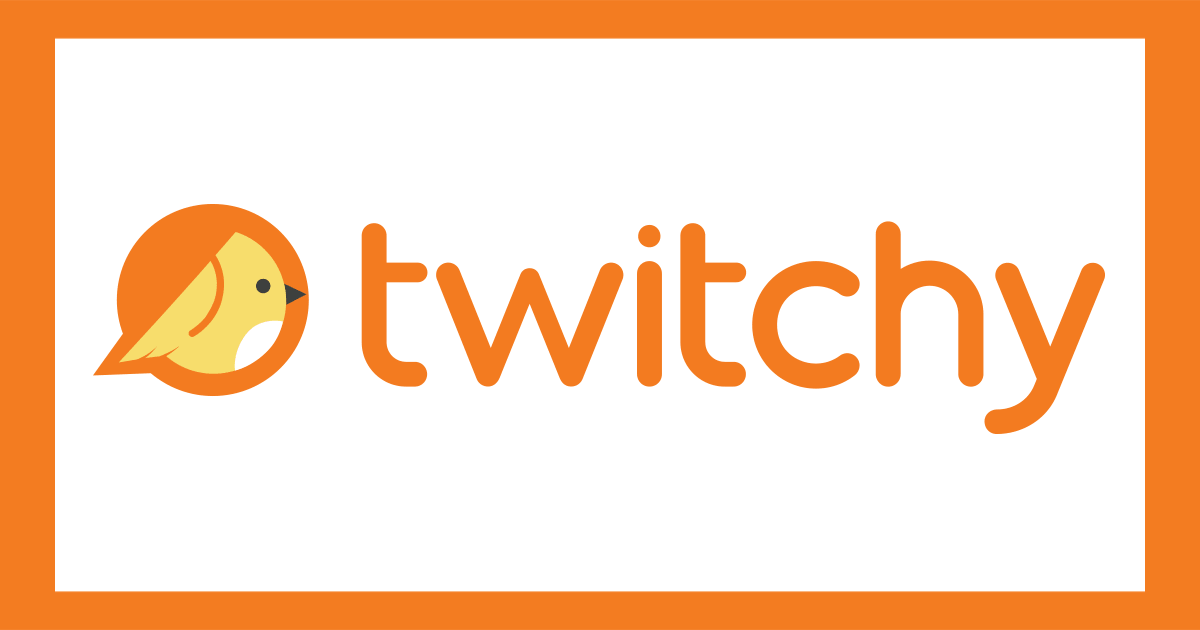
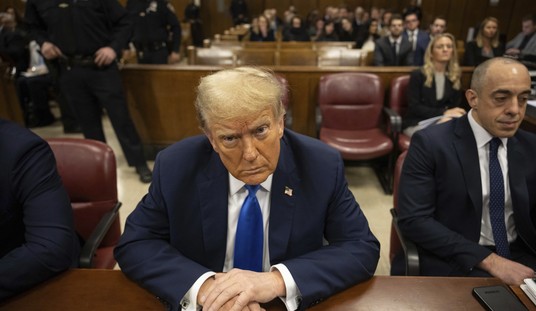


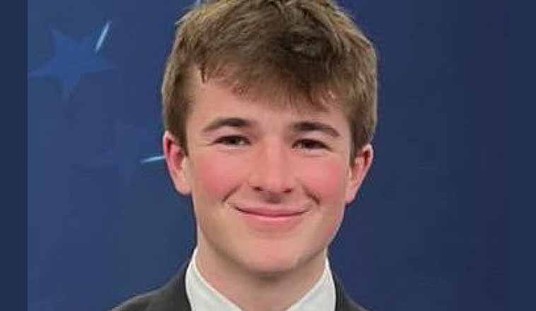
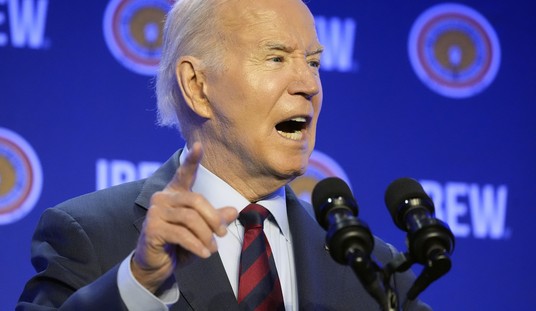
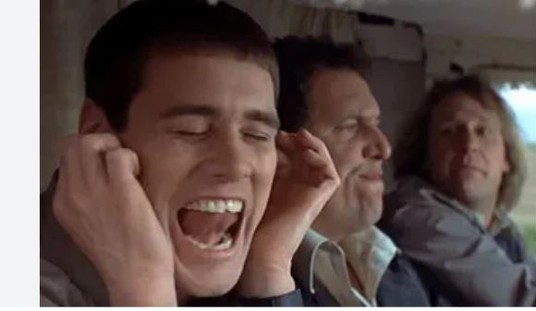
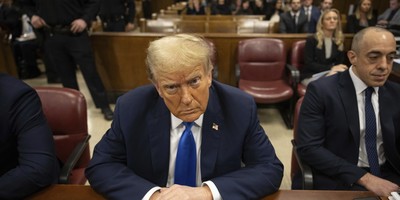
Join the conversation as a VIP Member